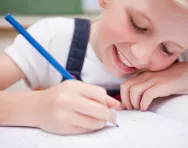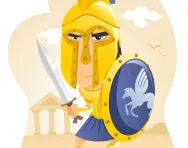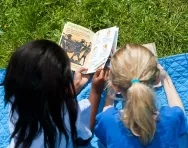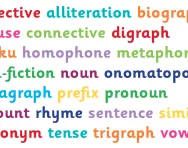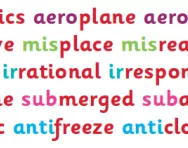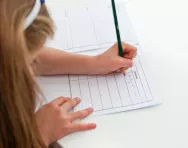TheSchoolRun.com closure date
As we informed you a few months ago, TheSchoolRun has had to make the difficult decision to close due to financial pressures and the company has now ceased trading. We had hoped to keep our content available through a partnership with another educational provider, but this provider has since withdrawn from the agreement.
As a result, we now have to permanently close TheSchoolRun.com. However, to give subscribers time to download any content they’d like to keep, we will keep the website open until 31st July 2025. After this date, the site will be taken down and there will be no further access to any resources. We strongly encourage you to download and save any resources you think you may want to use in the future.
In particular, we suggest downloading:
- Learning packs
- All the worksheets from the 11+ programme, if you are following this with your child
- Complete Learning Journey programmes (the packs below include all 40 worksheets for each programme)
You should already have received 16 primary school eBooks (worth £108.84) to download and keep. If you haven’t received these, please contact us at [email protected] before 31st July 2025, and we will send them to you.
We are very sorry that there is no way to continue offering access to resources and sincerely apologise for the inconvenience caused.
Year 3 English: What your child learns

Literacy is still a daily lesson in Year 3, made up of:
- Reading
- Writing
- Speaking and listening
Topics the children may cover include:
- Myths and legends
- Adventure and mystery
- Plays and dialogue
- Poems to perform
- Shape poems
- Non-fiction: reports, instructions, information texts
Reading in Year 3 – your child will:
- apply their growing knowledge of root words, prefixes and suffixes to read aloud and understand the meaning of new words they meet
- read a range of fiction, poetry, plays and non-fiction texts
- re-tell stories orally
- perform poems and play scripts, showing understanding through intonation and action
- infer characters' feelings though their actions, justifying their inference with evidence
- identify main ideas drawn and summarise these


Start the Year 3 Learning Programme!
- Weekly maths & English worksheets
- Follows the National Curriculum
- Keeps your child's learning on track
Children should be allowed to choose a book at school to take home with them to read. You may be given an exercise book to write your comments in when you read with them. Children may read with their teacher in groups (this is called guided reading). Alternatively, they may explore texts as a whole class (this is called Whole Class Reading). Different schools will use different approaches.
Try this at home:
- Keep reading together: even if your child is fluent, you can share stories and talk about themes
- Branch out – children develop favourite authors or themes at this age, but it’s good to broaden their choices by offering alternatives. Ask at your local library for ideas for new authors to try
- Word puzzles can be fun – encourage them to try a simple wordsearch
Writing in Year 3 – your child will:
- understand how to spell words with a variety of prefixes and suffixes
- become more confident in joining their handwriting, increasing its legibility and quality
- use a wider range of connectives (when, before, after, while, so, because)
- start using inverted commas to punctuate speech
- create settings, characters and plot in narratives using a range of descriptive language
- use organisational devices such as bullet points and sub-headings
- assess and improve their writing
Try this at home:
- Play ‘hangman’ – it’s a simple game but it reinforces spelling and letters
- Let your child send an email or help them find a penpal – typing a letter to a friend or relative is good spelling and keyboard practice
- Make up stories together – gather together some favourite toys and make up an adventure for them (put your child in the story, too)
If you want to consolidate your child's learning at home, try our Year 3 English worksheets for spelling, grammar, punctuation and handwriting practice.
Check your Y3 child's progress in English with our free Y3 English Progress checks, three mini-tests for the autumn, spring and summer terms.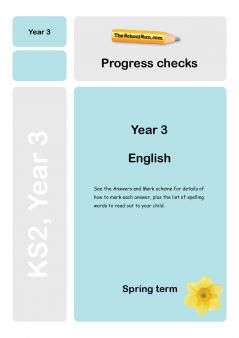
Explore the Year 3 English and Maths Learning Journey programmes
